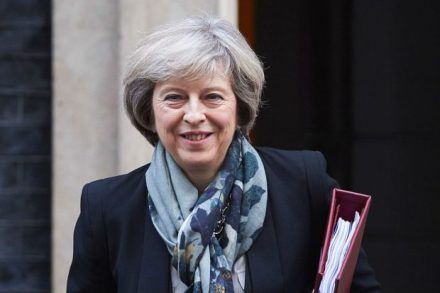The new Lifetime ISA hasn’t been properly thought through
The Government has announced it will scrap the much-criticised 5 per cent penalty fee for those who cash in a Lifetime individual savings account (LISA) during the first year. While it’s good that politicians are listening to criticism of the new product, any extra complexity is always a barrier to consumer understanding. And don’t forget that half of savers in the UK don’t even know what ‘ISA’ stands for*. The LISA – a complex hybrid between a pension and an individual savings account – is due to launch in April, and yet the Government is still making up the rules as it goes along. It could be revolutionary, but the new





















